
Dear readers,
The other day I was back at anchor on the French Atlantic coast, where I couldn't get away this summer because of the doldrums. I had imagined a trip to Brittany differently. Instead of oilskins, I wore a bikini. Admittedly, there are worse places to be stuck. But we actually wanted to sail. And yet the lack of wind didn't bother any of the crew. It's amazing how much better I can cope with being stuck in such moments than in everyday life. As long as you're on holiday and don't have an appointment to keep, it's of course easy to complain about how much we're all rushing through life. But mostly it's about getting from A to B quickly.
This makes it all the more astonishing that there has recently been a sailing ferry between the European mainland and the British Isles again. A young, motivated team has made it their mission to offer a sustainable alternative to the large ferry service between England and France: With a 17-metre catamaran. The offer is aimed at people who are not interested in reaching their destination as quickly as possible, but rather in experiencing something along the way. And to protect the environment at the same time.
A nice idea. But is it promising? At the moment, there is only one boat in use, which can transport just twelve people plus bicycles. This special experience takes around four hours, depending on the tide and, of course, the wind. In other words, more than twice as long as with the conventional ferry. The service can hardly (yet) be described as a genuine shuttle service, with only a few services per week. Not to mention the reliability and predictability, because what if there is no wind? On the plus side, however: no jostling passengers, no roaring engine - just wind, waves and time. But you have to have the latter too.
The idea is certainly not suitable for the masses. Even if the company is able to expand its fleet, it will remain a service for the few. The Port of Dover is one of the busiest passenger ports in the world. Around 32,000 passengers cross the English Channel here every day. Almost 50,000 people pass through the Eurotunnel every day - a prime example of how much money and effort is invested in shortening journey times.
But concepts like the sailing ferry are not about revolutionising transport travel on a grand scale. It's about catering to a growing social desire to slow down. Slow travel is a trend. Millennials and Generation Z in particular are looking for sustainable alternatives and place more value on experience than efficiency. After all, speed comes at a price: fleeting impressions, missed details, memories that quickly fade - especially when viewed through a smartphone filter. But that's another topic.
The question is: does sailing as a mode of transport have a chance of making a comeback? The idea of tall ships cruising the oceans again to transport people sounds utopian. But who knows? Against the backdrop of climate change and rising fuel prices, the The cargo shipping industry is also focussing on wind power again. As far as travelling is concerned, crossing the ocean under sail is probably not an option for the vast majority of people. But for shorter distances, I can well imagine that there are enough people who take the time to experience their journey more consciously.
I would certainly wish it for the young team of the sailing ferry on the English Channel. That, and more wind than we had a few hundred nautical miles further south in the summer. Because, for all our love of slowness, lying at anchor in a calm would not be an option for a ferry after all.
Jill Grigoleit
YACHT editor
Recommended reading from the editorial team

Sailing drones
Efficient surveillance on the Baltic Sea - soon with weapons?
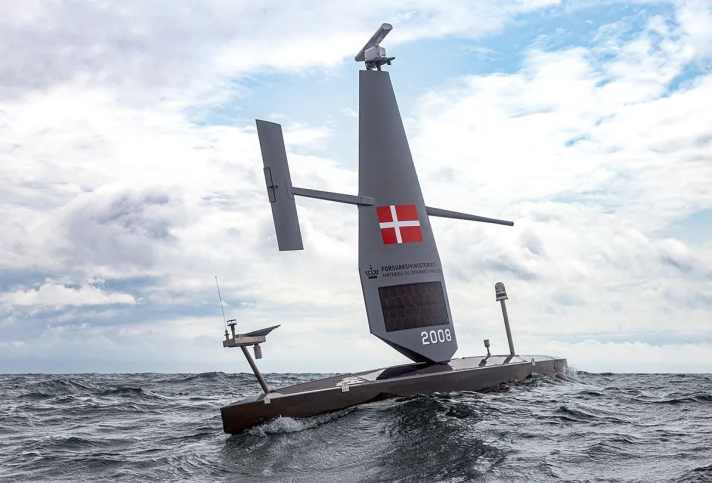
Result of the six-month test deployment of sailing drones in the Baltic Sea: Danish navy was able to identify 170,000 ships. Weaponisation as an option?
Knierim Yachtbau
New small series with a classic touch
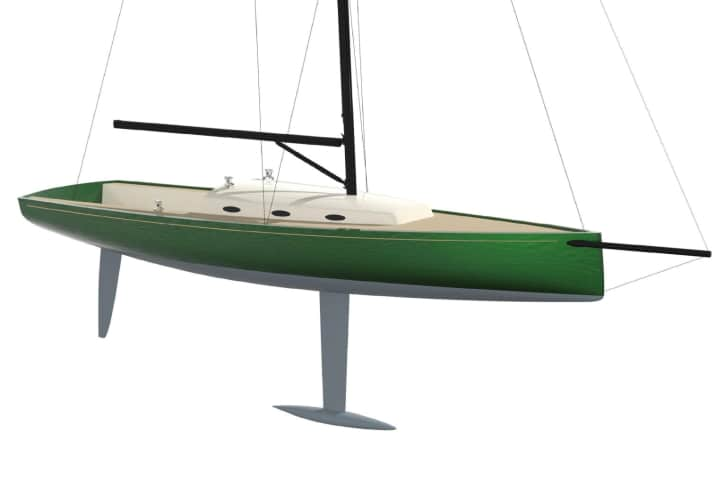
Knierim Yachtbau is currently building the prototype of a BM 31, which represents the start of a series of customised coastal cruisers.
Garmin quatix 8 Pro
Smartwatch for sailors, now with satellite SOS
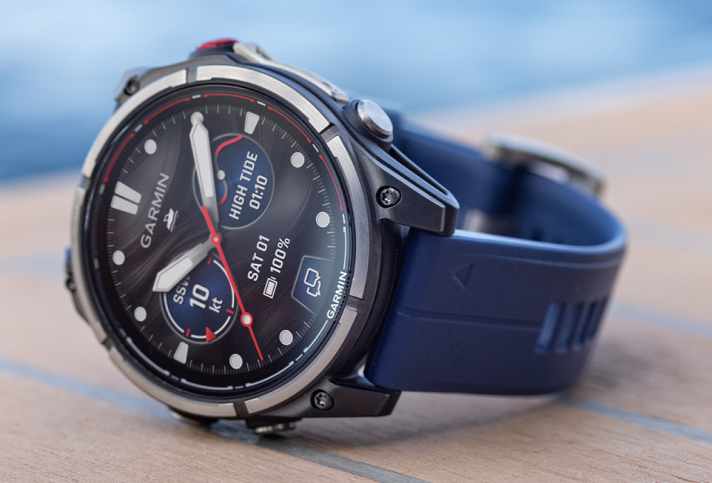
The quatix 8 Pro from Garmin combines smartwatch and satellite communication: inReach technology enables SOS emergency calls up to 80 kilometres off the coast - without a smartphone.
Peter von Seestermühe
The 90th birthday
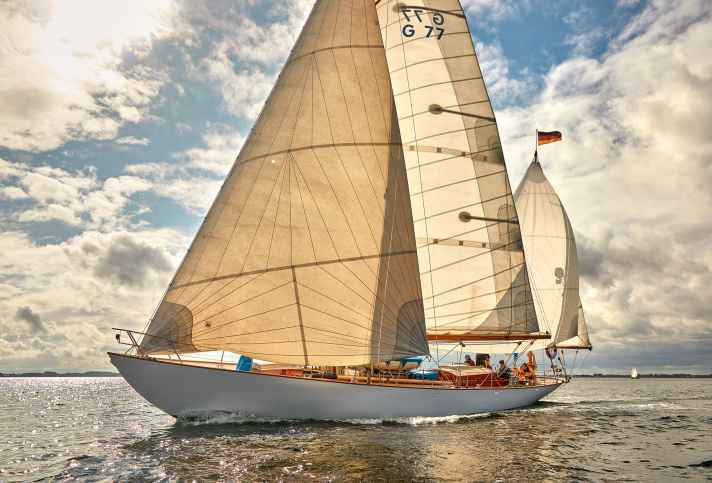
The steel yawl "Peter von Seestermühe" has been at home on the high seas since 1936. Owner Christoph von Reibnitz is currently preparing the classic yacht for her 90th sailing season, in which he will sail to the Caribbean for the 15th time with the Atlantic Rally for Cruisers.
Müggelsee
Historic ice yacht sails for the first time after complete restoration
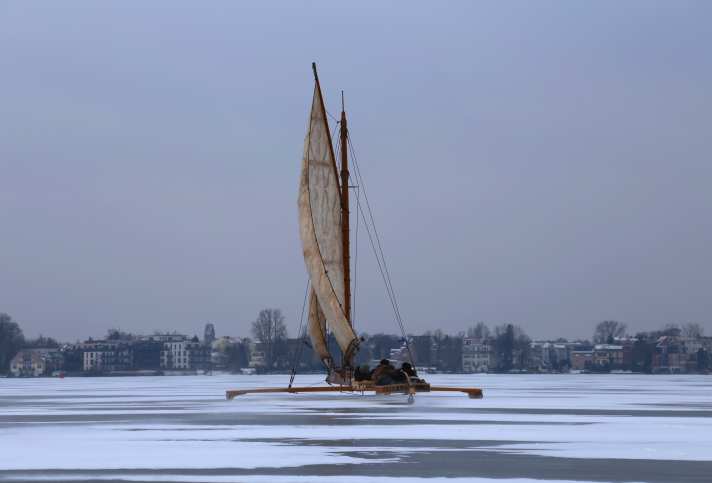
A Berlin family has brought the historic ice yacht "Papagena" back onto the ice. Completely restored, the 15-metre sled now sails across the Müggelsee.
Baltic Sea
Easterly winds cause historically low water levels - and an opportunity
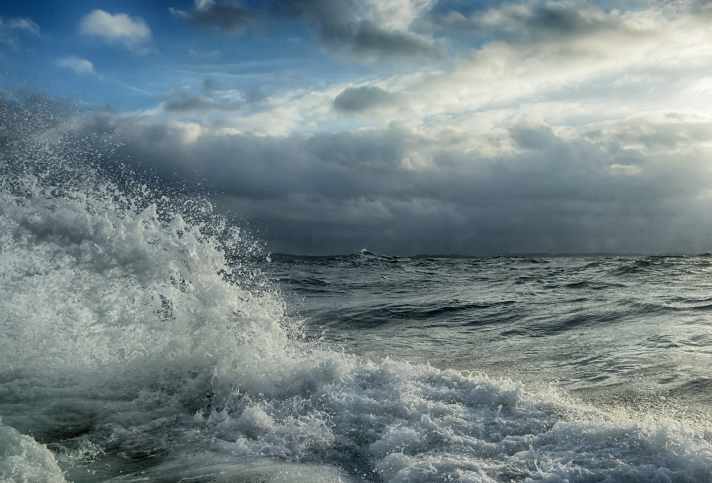
Long-lasting easterly winds are causing historically low water levels in the Baltic Sea. Scientists see this as a good opportunity to improve water quality.
Lake Constance
Tourist tax judgement sends out a signal - to the chagrin of sailors
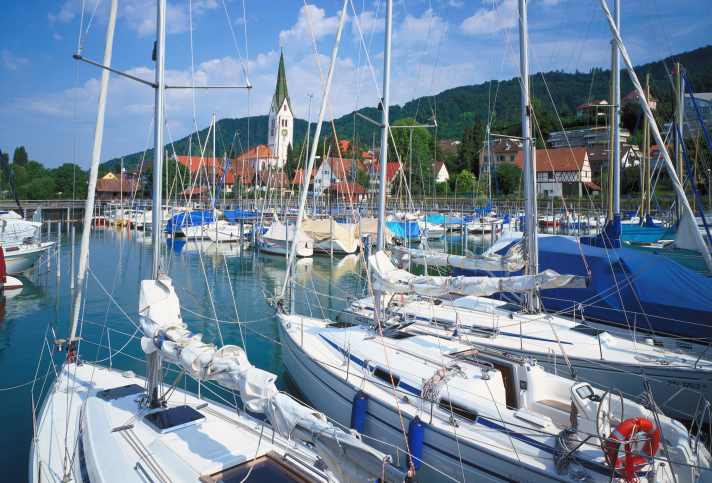
Kressbronn has won the legal dispute over the visitor's tax for boaters. This has prompted other municipalities on Lake Constance to want to collect the tax too.
Superyacht ranking
The 200 largest sailing yachts in the world
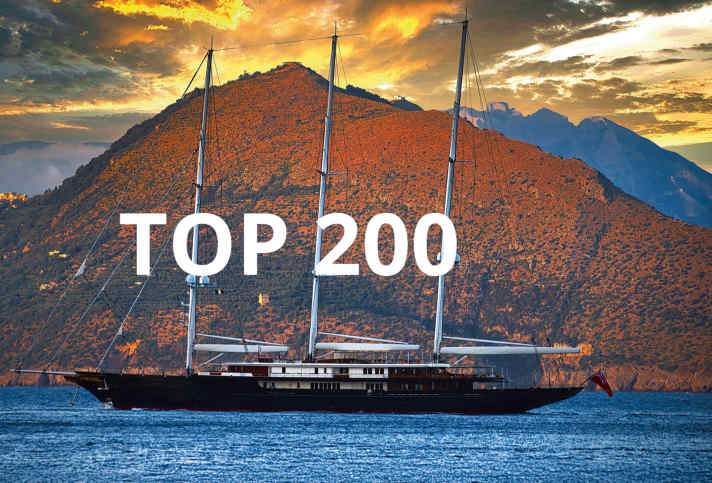
Our ranking shows the largest sailing yachts, from the 143 metre long "Sailing Yacht A" to the almost 50 metre long "Thalia". We provide data and designers, as well as brief portraits of the top 100. We also reveal which yachts are for sale - and at what price.
Circumnavigation
Pacific rendezvous: "Westward solo is brave!"
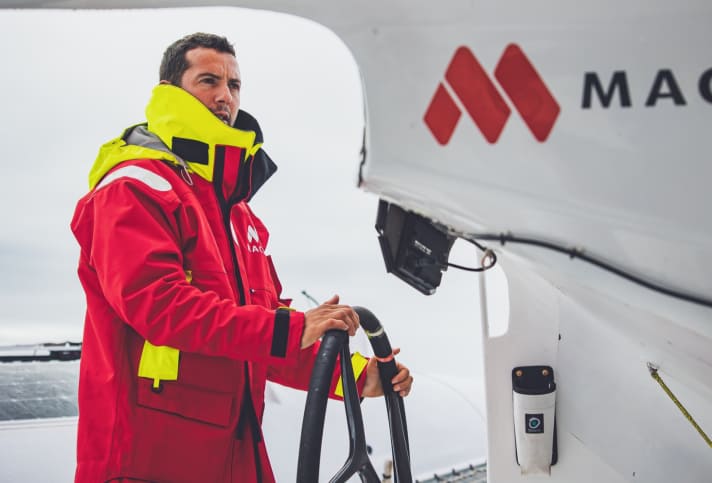
Sailing round the world "the wrong way round": Guirec Soudée sails around the world from east to west against the wind. The adventure and Ultim skipper is chasing a record from 2004.
"Polaris"
Passage Maker designed for the far north

The owner wanted a boat for extended trips into the ice for two. This is how the "Polaris" was created: meticulously planned, perfectly built with well thought-out solutions
Newsletter: YACHT-Woche
Der Yacht Newsletter fasst die wichtigsten Themen der Woche zusammen, alle Top-Themen kompakt und direkt in deiner Mail-Box. Einfach anmelden:
